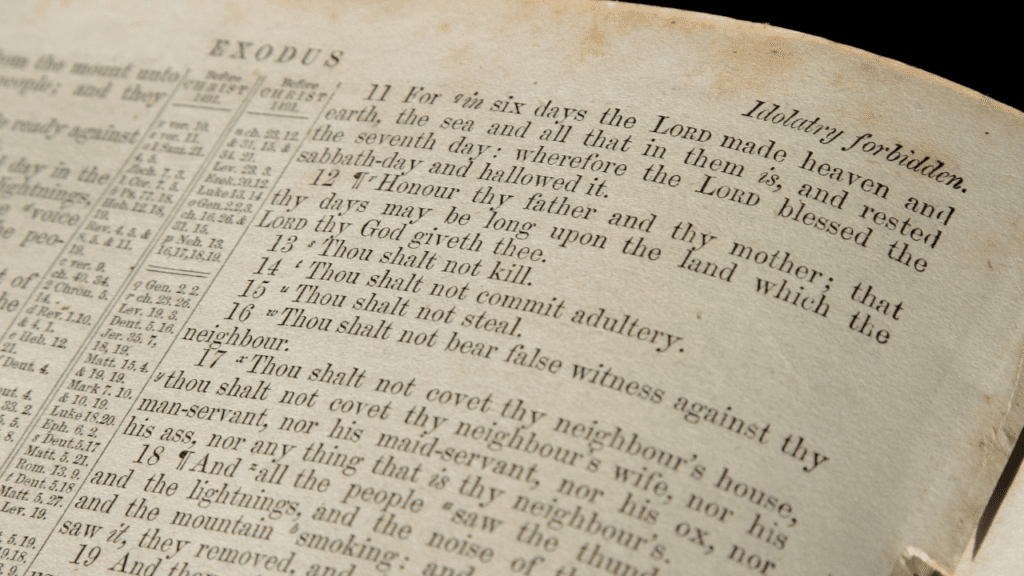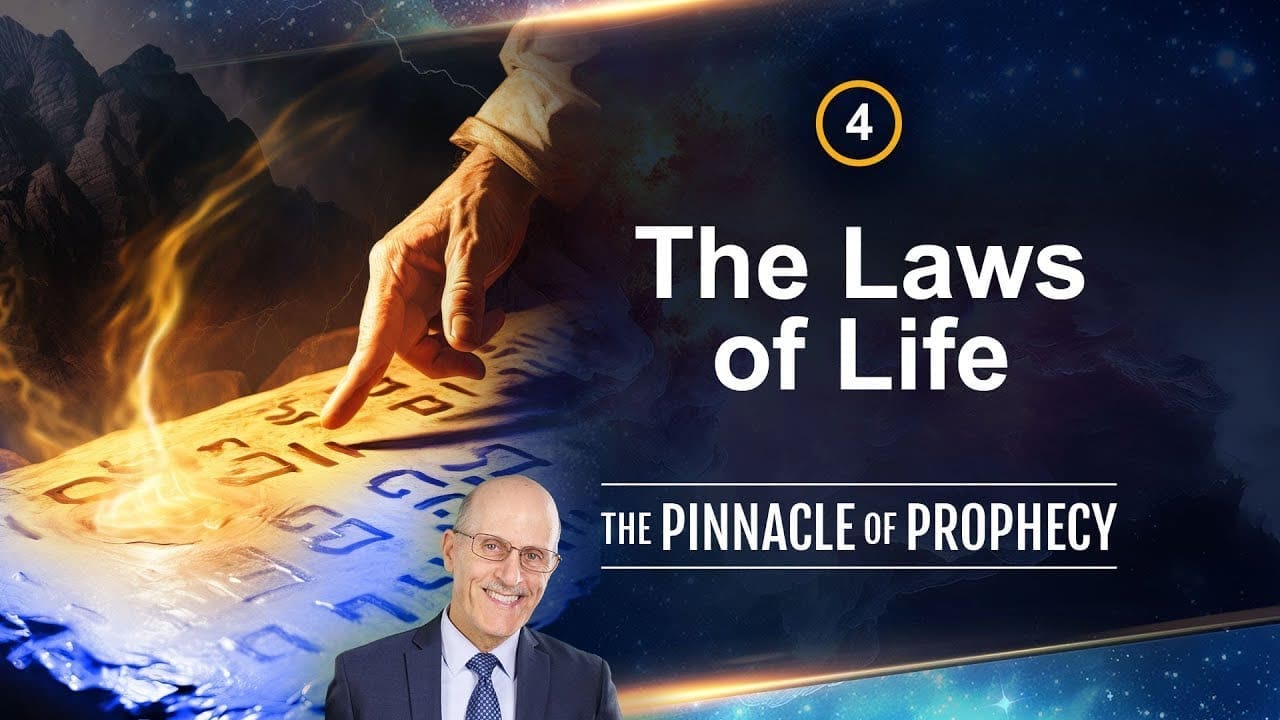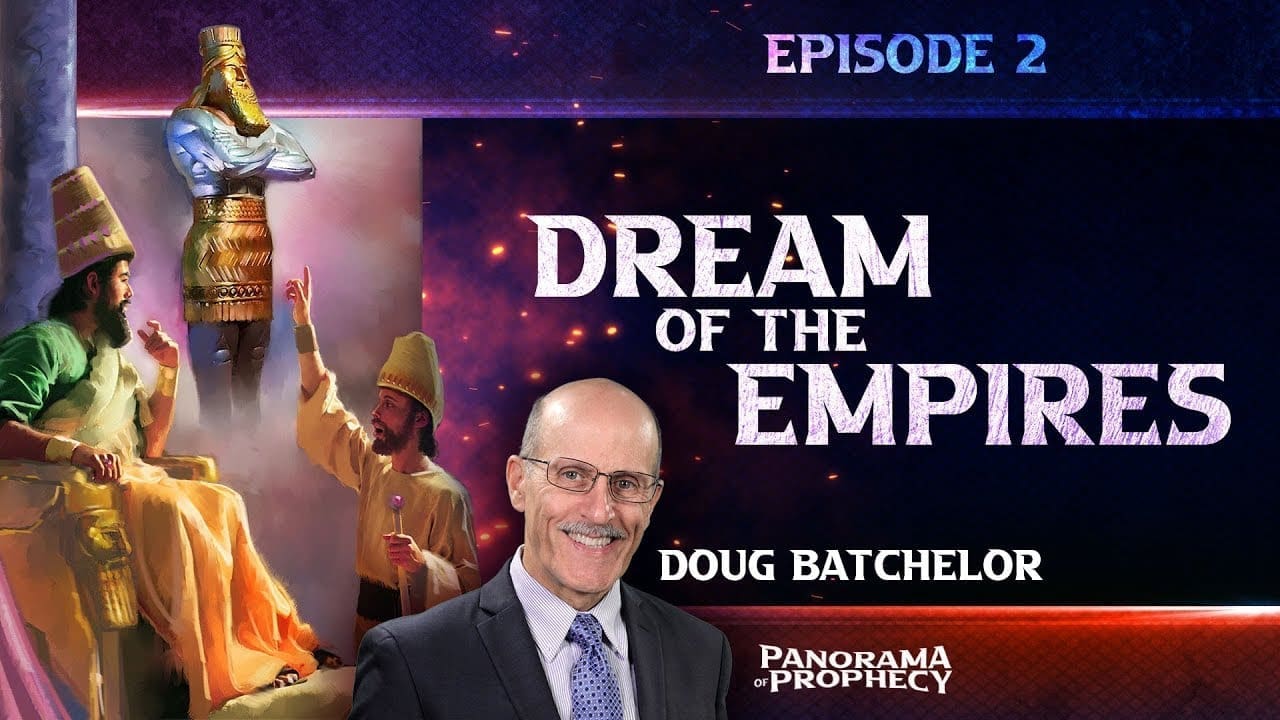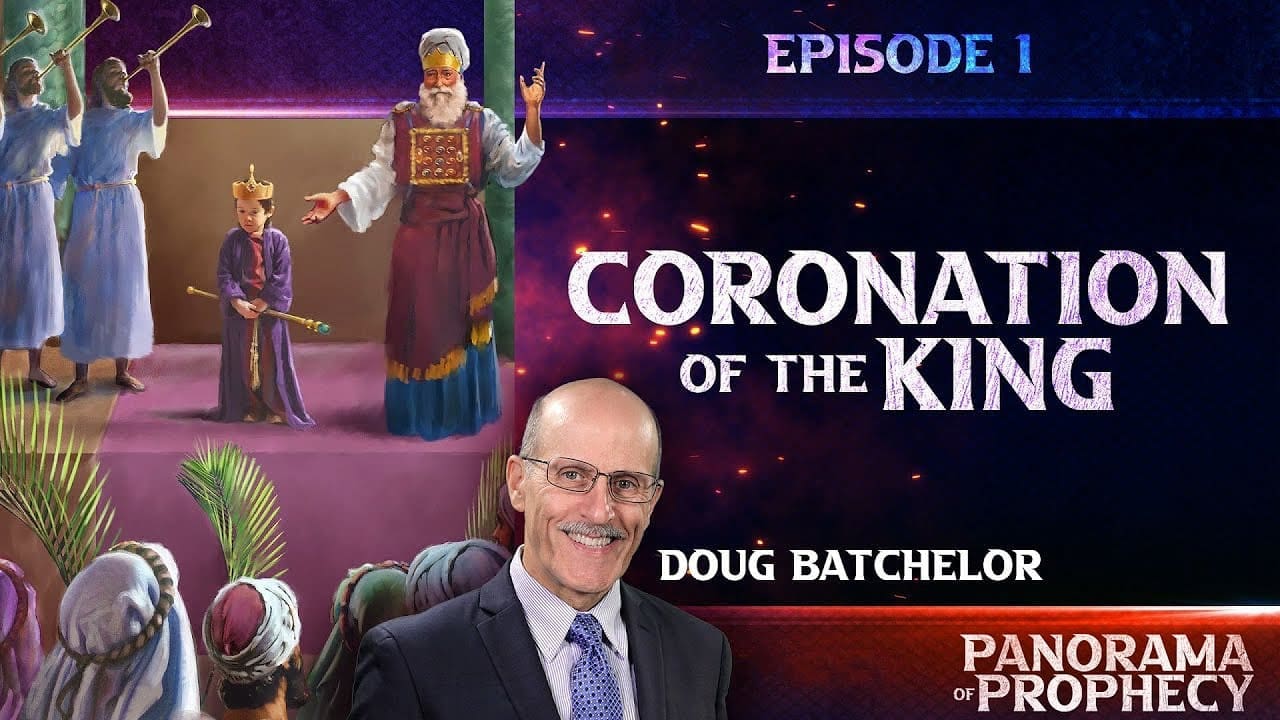I recently came across a story about a business executive who had a unique way of conducting interviews. He would watch the applicants as they walked into his office and make a quick judgment based on their appearance. While this may not be the best way to evaluate people, it is something many of us do, consciously or unconsciously, forming first impressions based on superficial factors like their walk, smile, or haircut.
Now, let me pose a question: Does God judge us in the same way we judge each other? Thankfully, He does not. While we often focus on outward appearances, the Bible tells us that God operates according to the riches of His grace. He sees beyond our external qualities and looks directly at our hearts.
In 1 Corinthians 1:27-28, the apostle Paul shares a unique concept. He states that God chooses the foolish and weak things of the world to confound the wise and mighty. This may seem counterintuitive to our human reasoning. How could God use humble and unimpressive individuals or things to embarrass those who are highly educated?
As I delved deeper into this matter, I discovered an answer through studying how Jesus called His disciples. Jesus needed individuals who could effectively spread His life-changing message to people of every nation and language. If it were up to me, I might have sought out qualified spokespeople and representatives from prestigious institutions renowned for their effective communication skills.
But Jesus took a different approach. He bypassed the renowned rabbinical schools of His time and instead chose His disciples from among fishermen by the seaside. These were rough, unrefined, and even crude men. Some of them struggled to speak properly, even in their own dialects. How could these uneducated peasants from the lowest social strata fulfill the requirements of Jesus’ global mission? Why didn’t He select scholars well-versed in Greek and Hebrew culture, who would be capable at connecting with people from various social backgrounds? Let’s explore the answers.
In the small fishing village of Bethsaida, on a bright morning, the fishermen were tending to their night’s catch. One of them was Simon Peter, a strong and stubborn individual. He might have been humming a sea shanty as he worked on cleaning the fish for the market. Little did he know that this day would forever change his life and make his name known to millions throughout history. At that moment, Peter was just an ordinary fisherman when Jesus of Nazareth passed by and looked at him.
What did Jesus see as He gazed upon Peter on that memorable morning? Certainly not the same flawed individual that others perceived. You see, Peter was not particularly likable. He tended to boast and display arrogance to such an extent that people likely avoided him whenever possible. This impulsive man often stumbled in his words, saying the wrong thing at the wrong time. It seems that he was the kind of person only his mother could truly love. But Jesus saw something different in Peter that day—a potential that others failed to see.
When Jesus looked at Simon Peter, He saw beyond his rough exterior and recognized his potential through the riches of His grace. Jesus saw a man who could stand up and deliver a sermon that would move thousands to seek salvation. Despite Peter’s flaws and arrogance, Jesus loved him and called him to be a disciple. This applies to each one of us as well. Jesus saw us in our imperfect state and loved us enough to call us to follow Him. Through His transforming power, He has brought out the best in us.
In the story of Michelangelo, the artist saw potential in a discarded piece of cracked marble that others had overlooked. He worked diligently to shape it into the masterpiece known as the statue of David. Similarly, Jesus saw something remarkable in Simon Peter, even though others failed to recognize it. The process of transformation began, and though it required molding and refining, Peter eventually emerged as a masterpiece under the guidance of the Master.
We can relate to this miracle because the same has happened to us. In our unconverted state, we were no more attractive to Jesus than the loudmouthed fisherman. Yet, when Jesus passed by and looked at us, He loved us just the same. He called us to follow Him, and our lives have never been the same since. He takes the weak and foolish things to confound the wise and mighty. We can rejoice that He sought us out and didn’t pass us by. His grace is truly amazing.
Throughout history, God has chosen the weakest and worst to accomplish great tasks. William Carey, a cobbler, was called to open up India to the gospel. D.L. Moody, a struggling salesman, became a renowned evangelist. Gypsy Smith, a forest gypsy boy, was transformed into a powerful minister. James and John, tempestuous brothers, were chosen despite their fiery tempers. And even a drunken man lying in the street, Sam Hadley, was called to preach the gospel and lead others to Christ. God’s grace can bring out the best in the worst.
Paul, in his writings, had a deep understanding and appreciation for grace. He acknowledged that everything he had become was by the grace of God. He laboured hard but recognized that it was the grace of God working in and through him. Grace is not just unmerited favour; it is the power to meet every need in human life. It can transform the most immoral person into the image of Jesus Christ.
In conclusion, the story of Simon Peter and the examples of others throughout history demonstrate the power of God’s grace. He sees beyond our flaws and shortcomings, loving us and calling us to follow Him. Through His grace, He molds and transforms us into something beautiful. Let us cherish and appreciate the riches of His grace in our lives.
The encounter between Paul and Jesus on the road to Damascus left a profound impact on Paul’s life. As a zealous persecutor of Christians, Paul had set out to destroy the followers of Jesus. However, in that moment, he experienced a blinding light and heard a voice from Heaven. The proud Pharisee was struck blind but also had his eyes opened to the truth of who Jesus was. As the scales fell from his eyes, Paul recognized the voice of Jesus and humbly asked, “What wilt thou have me to do?”
It is remarkable that Jesus chose someone like Paul, a devout religious fanatic, to be His missionary to the Gentiles. Outwardly, Paul seemed an unlikely candidate for such a mission. However, Jesus moved based on grace—the divine energy that could transform Saul’s focused rage into the missionary zeal of Paul. No wonder Paul later wrote, “By the grace of God, I am what I am.”
The power of grace was evident in Paul’s ministry. It delivered him from storms at sea and protected him from deadly vipers on the island. He was rescued from prison and saved from the angry mobs who attempted to stone him. Grace was not just a theory or a concept to Paul; it was a dynamic and present power that sustained him through every dangerous moment of his life. It is no surprise that he made grace the central theme of his evangelistic efforts, proclaiming the unsearchable riches of Christ to the Gentiles.
Even in the midst of his ministry, Paul faced personal challenges. He referred to a physical infirmity, possibly related to his vision, as a “thorn in the flesh.” It was a persistent affliction that he pleaded with God to remove. However, God responded by saying, “My grace is sufficient for thee: for my strength is made perfect in weakness.” Though the thorn was not removed, God’s sustaining grace upheld Paul and helped him to continue his mission.
In the final weeks and months of his ministry, Paul desired to return to Jerusalem, despite warnings of the dangers awaiting him. His friends begged him not to go, fearing the violent prejudice of the Jewish community. Yet, Paul was resolute, declaring that he was bound in the spirit to go and finish his course with joy, testifying to the gospel of the grace of God.
Paul’s journey led him to Rome, where he was imprisoned in the Mamertine Prison. Despite his confinement, he was granted an opportunity to speak before Nero, the ruthless emperor known for his persecution of Christians. Paul used this chance not to present a legal defence but to preach about the riches of God’s grace. His sermon had a lasting impact, and even in custody, Paul’s message continued to spread.
As Paul faced the end of his life, he remained steadfast. Led to the arena where his life would be taken, he passed by a statue of Nero with the inscription “Nero—Conqueror.” The memory of writing his epistle to the Roman Christians, expressing his empathy for their persecution, must have crossed his mind. Yet, in that moment, Paul declared the unwavering love of Christ, stating that nothing could separate believers from the love of God.
The story of Paul exemplifies the sufficiency of God’s grace in the face of adversity. It transformed a persecutor into an apostle and sustained him through trials and tribulations. Paul’s unwavering faith in the power of grace serves as an inspiration to believers throughout history.
The story of Peter’s final triumph is a powerful testament to the transformative power of God’s grace. Despite Peter’s earlier denials and cowardly actions, Jesus never gave up on him. After His resurrection, Jesus specifically mentioned Peter by name, implying that He still had a purpose for him.
Peter’s journey from shame and remorse to restoration and victory is a reflection of the grace and forgiveness offered by Jesus. On that Sunday morning, when Mary Magdalene shared the news of the resurrection, Peter initially struggled with unbelief and guilt. But Mary’s words carried a special message for Peter, as the angel had specifically mentioned him. This revelation ignited hope in Peter’s heart, and he ran to the tomb to confirm the truth for himself.
The assurance of Jesus’ love and forgiveness lifted the weight of Peter’s guilt and restored his joy and hope. From that moment, Peter was transformed. No longer burdened by his past failures, he became a powerful witness for the Master. The story of Peter’s restoration serves as a powerful reminder that no matter how far we may have fallen or how grievous our sins, Jesus is ready to forgive and restore us when we turn to Him in repentance.
The experience of Peter resonates with every person who has felt the sharp sorrow of denying or failing Jesus. We have all asked ourselves the question, “Why did I do it?” Yet, through the riches of God’s grace, our broken hearts can be lifted, and our sins can be forgiven. Jesus loves us unconditionally and responds to our cries of repentance. This realization should fill us with gratitude and love for our Saviour.
Having experienced the restoration and forgiveness of grace, we are called to live lives of victory and to bear witness to the transforming power of Jesus. Just as Peter confounded the expectations of those around him, we too can confound the mighty through the work of God’s grace in our lives. Where sin abounds, grace abounds even more. Let us praise God for the unsearchable riches of His grace.













